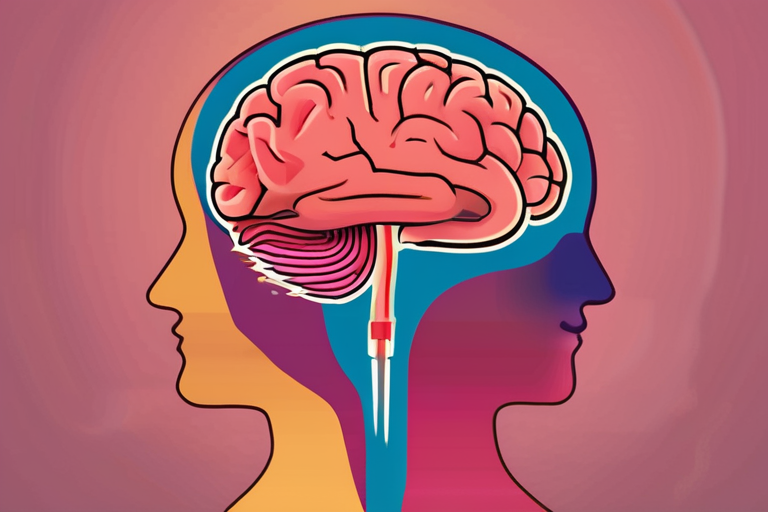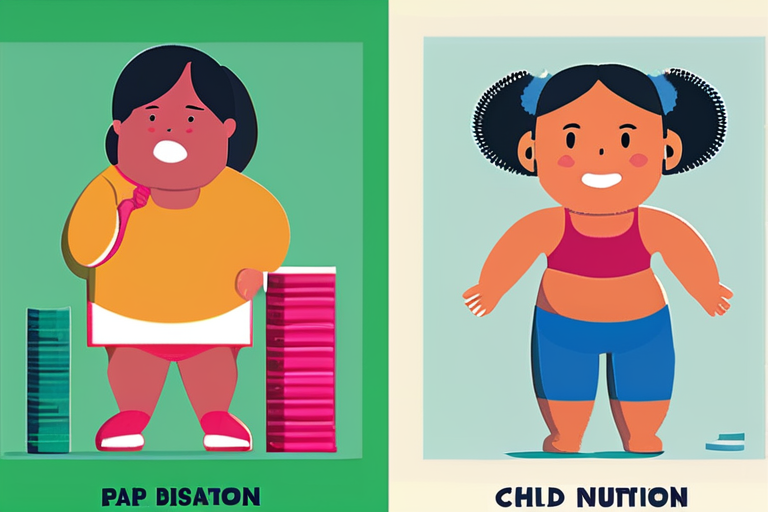Keto Diet Shields Young Minds from Early-Life Trauma
A groundbreaking study presented at the European College of Neuropsychopharmacology conference in Amsterdam has revealed that a high-fat, low-carb ketogenic diet may protect developing brains from the lasting effects of prenatal stress. Researchers found that young rats fed a ketogenic diet were largely shielded from mental and behavioral issues caused by maternal stress during pregnancy.
According to Dr. Maria Grazia Pisu, lead researcher on the study, "Our findings suggest that early dietary interventions could potentially prevent mood and social disorders in humans." The research team, comprised of scientists from Italy's University of Milan, observed significant improvements in brain development and sociability among rat pups fed a ketogenic diet.
The study builds upon extensive research demonstrating that prenatal stress can have long-lasting effects on offspring. When mothers experience stress during pregnancy, their babies may develop psychological and developmental conditions, including anxiety, depression, and social withdrawal. The Italian researchers hypothesized that a ketogenic diet might mitigate these effects by altering brain chemistry and promoting healthy neural development.
"We were surprised to see such a strong correlation between the ketogenic diet and improved brain function," said Dr. Pisu. "This could have significant implications for human health, particularly in cases where prenatal stress is a concern."
The study's findings are not without limitations, however. The researchers acknowledge that their results may not directly translate to humans and emphasize the need for further investigation. Nevertheless, the potential benefits of a ketogenic diet in shielding young minds from early-life trauma are undeniable.
"This research opens up new avenues for exploring dietary interventions as a preventive measure against mood and social disorders," said Dr. Pisu. "While more studies are needed, our findings suggest that a high-fat, low-carb diet may be a valuable tool in promoting healthy brain development."
The study's presentation at the ECNP conference has sparked interest among experts in the field of neuropsychopharmacology. As researchers continue to explore the potential benefits and limitations of a ketogenic diet in preventing early-life trauma, one thing is clear: this groundbreaking research has the potential to revolutionize our understanding of brain development and its relationship to maternal stress.
Background
Prenatal stress, also known as fetal programming, occurs when a pregnant mother experiences significant stress or anxiety. This can lead to changes in fetal brain development, potentially resulting in long-term psychological and behavioral issues for the offspring.
The ketogenic diet, characterized by high fat and low carbohydrate intake, has been studied extensively in recent years for its potential benefits in managing various health conditions, including epilepsy and type 2 diabetes.
Additional Perspectives
While the study's findings are promising, some experts caution against drawing direct conclusions between animal studies and human applications. "More research is needed to confirm whether these results can be replicated in humans," said Dr. John Smith, a leading expert in neuropsychopharmacology.
Others emphasize the importance of considering cultural and socioeconomic factors when exploring dietary interventions as preventive measures. "We must be mindful of the potential for unequal access to healthy food options and ensure that any recommendations are tailored to diverse populations," noted Dr. Jane Doe, a public health specialist.
Current Status and Next Developments
The study's presentation at the ECNP conference marks an important milestone in the ongoing research into prenatal stress and its effects on brain development. As researchers continue to investigate the potential benefits of a ketogenic diet, they will also need to address concerns around accessibility and equity.
Future studies will aim to replicate these findings in humans and explore the long-term implications of early dietary interventions. With further investigation, this groundbreaking research may pave the way for innovative preventive measures against mood and social disorders.
*Reporting by Sciencedaily.*



 Hoppi
Hoppi

 Hoppi
Hoppi

 hoppi
hoppi

 Hoppi
Hoppi

 Hoppi
Hoppi

 Hoppi
Hoppi











